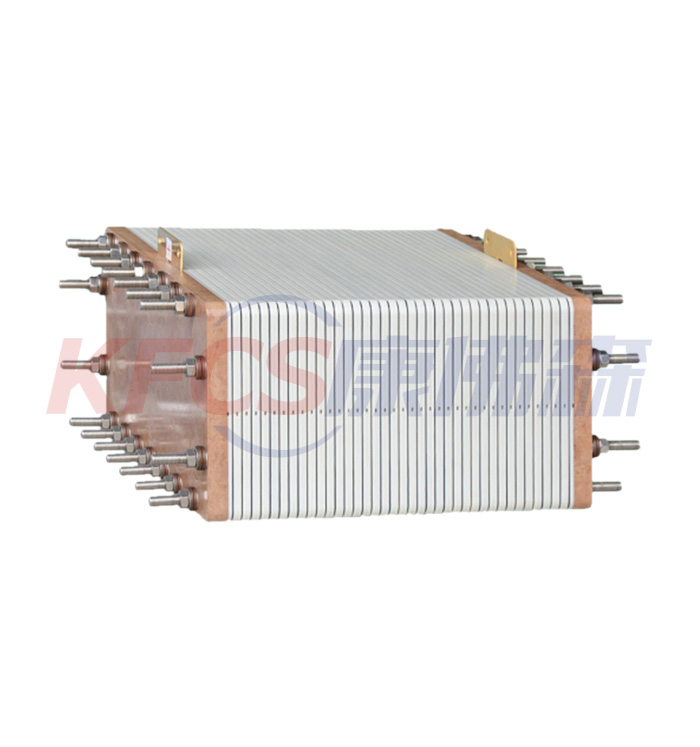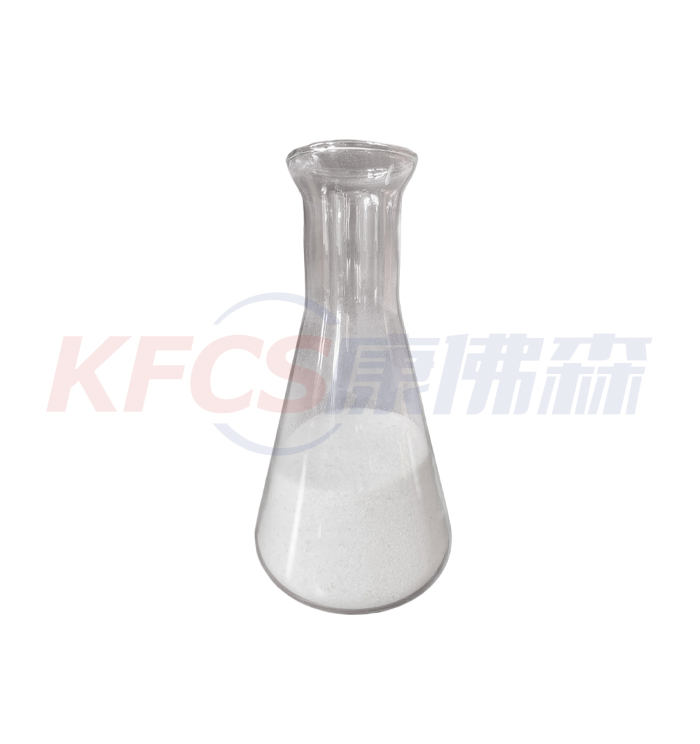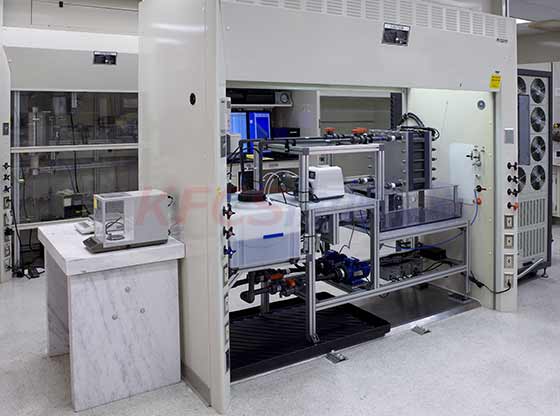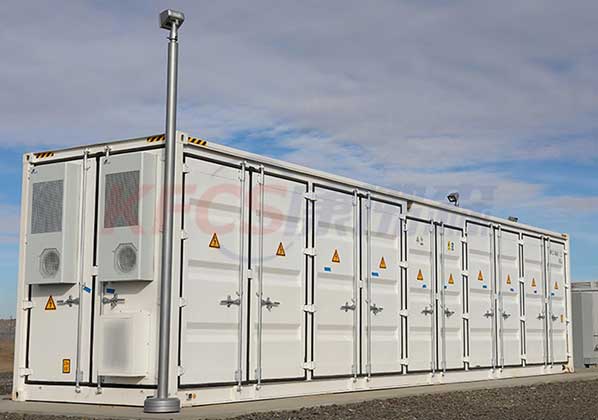Recycling method of cathode material for decommissioned lithium iron phosphate battery
2022-02-22
Recycling method of cathode material for decommissioned lithium iron phosphate battery
Lithium-ion power battery cathode materials include lithium cobaltate, lithium manganate, lithium nickelate, lithium iron phosphate and ternary materials. Among them, lithium iron phosphate is safe, long life, low raw material price, environment-friendly and mature technology. It is a battery material with a large stock in the market. The theoretical life of lithium iron phosphate batteries is 7 to 8 years. At present, retired lithium iron phosphate batteries account for about 65% of the total number of retired batteries. Large-scale lithium iron phosphate batteries will face scrapping. Recycling methods of metals in decommissioned lithium iron phosphate batteries:
After the capacity of the lithium iron phosphate battery decays to the point where it loses its value for secondary utilization, it will be further processed to facilitate the recovery of the metals in it. At present, the most studied treatment methods are mainly divided into physical methods, chemical methods and biological methods.
The physical method is a method for separating substances in retired lithium iron phosphate batteries according to their different physical properties, and has the advantages of low cost and simple operation. However, because the treated product still has certain pollution, the physical method is usually only used as a pretreatment step in the recovery process, and is used in conjunction with the subsequent chemical method to improve the recovery efficiency.
A comprehensive pretreatment scheme for relatively single recovery of electrode materials through five steps of disassembly, grinding, heat treatment, activation and separation, wherein the activation step is conducive to the subsequent leaching reaction. In order to promote the automation and industrialization of the physical processing process of retired batteries, some researchers have designed mechanical dismantling devices.
The equipment for fully automatic dismantling of square lithium batteries has invented two devices for the dismantling and recycling and crushing and recycling of decommissioned lithium batteries; one is a device for grinding and separating lithium iron phosphate positive plates. A device for automatic separation and collection of battery components consists of four parts. The crushing part is divided into primary, secondary and deep crushing, the separation part is divided into airflow sorting and electromagnetic separation, and the dust removal part is divided into pulse and bag dust removal.
With the rapid development of pure electric vehicles, the consumption of lithium-ion batteries (LIBs) is increasing day by day. Lithium iron phosphate batteries (LFPBs) have a large stock in the market due to their superior safety performance, long service life, low raw material prices, environmental friendliness and mature technology. Therefore, the scrapped amount of decommissioned lithium iron phosphate batteries is also increasing year by year, and the research on its recycling method is imminent
About News
- World's largest lithium-vanadium hybrid energy storage system starts up at Oxford Energy Centre
- 1-50kw all-vanadium redox flow battery energy storage system
- Smart Energy Storage System Micro-grid Monitoring System
- Recycling of used lithium batteries helps protect the environment
- Sequoia materials company recycles 6gwh waste lithium batteries every year
- China's battery industry will express development
- Focus on 315, the construction of lithium battery energy storage fire protection system behind the fire risk of new energy vehicles
- 500MW! Sweden's OX2 acquires Greek wind and solar projects
- Introduction to Vanadium Batteries
- New progress in lithium-sulfur battery research: special sulfides do not react with carbonate electrolytes
Products








